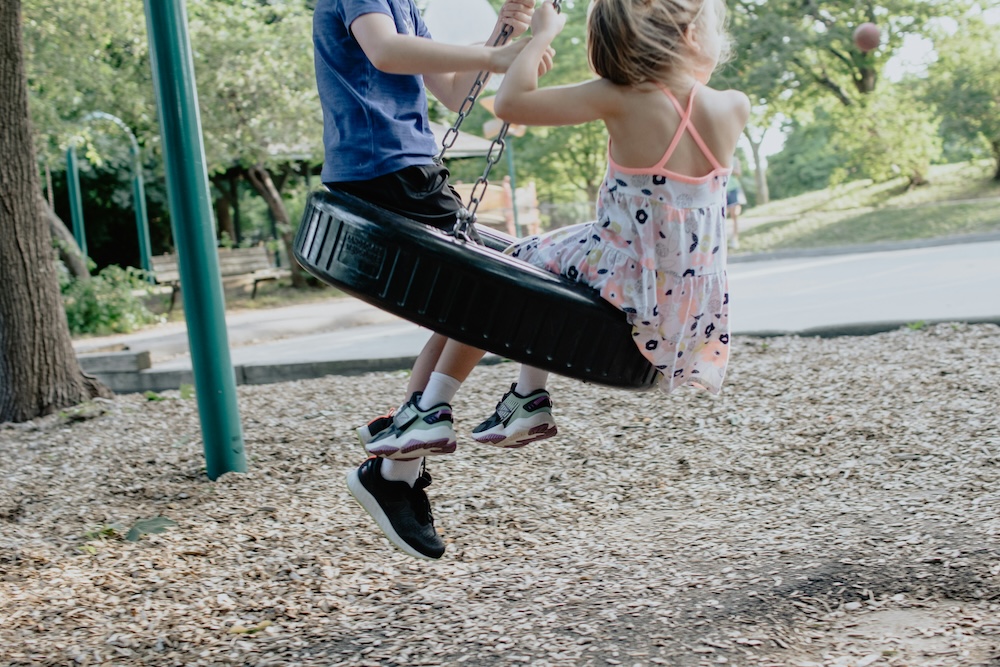Whether your child is going through their “terrible twos” or simply expressing their frustration through temper tantrums, it can be stressful to deal with as a parent. But knowing how to handle tantrums and outbursts from your child can make things easier for your family. Firstly, it’s important to understand why tantrums happen. Tantrums and meltdowns are triggered by certain emotions such as discomfort, overwhelm, or anger. Toddlers throw tantrums as a way to communicate how they feel because they do not have the words yet to articulate themselves. So instead, they might scream, cry, or throw things.
During a tantrum, it’s important for you as a parent or caregiver to remain calm. Children are likely going to match your behavior and if you raise your voice, they are likely to yell and be even louder. Speaking to them calmly can help your child calm down and ease their temper. It might be tempting sometimes to give in to your child when they’re having a meltdown, but this only reinforces their behavior. Your child will learn that by throwing a tantrum, they can get what they want. What might be more effective instead is to offer them a small level of control. For example, say it’s time for your child to stop playing a game because they need to eat dinner and take their bath. If they get upset, firmly let them know that their time limit is up, but perhaps offer them a choice on whether to take their bath before or after dinner so that they can have some say in their situation. Another great strategy to use is to offer a distraction. Outbursts are usually triggered by a situation happening currently. Giving your child something else to focus on or even changing their environment by moving them to a different room can make a difference.
Even though it might seem like a good idea in the moment, avoid trying to reason with your child during a tantrum or meltdown. Your child is upset and is not in a place where they’re ready to take a rational viewpoint. Wait until they’ve calmed down and get their behavior under control before discussing what happened. Once your child is calm, they’ll have an easier time learning how they can better communicate, work through their problems, and accept that they can’t always get their way.
To prevent your child from continuing to express themselves through outbursts, provide negative consequences for their behavior. This could be simply ignoring their tantrum until they’ve stopped so that your child learns that throwing a fit is not going to get your attention. You can also put them on a timeout or take certain privileges away from them so that they understand that tantrums will lead to undesired outcomes. And when your child is behaving well, make sure to give them praise to reinforce the positive behavior. Let your child know when you feel proud of them and how their behavior serves as an example on how to act. Pointing out good behaviors is just as important as pointing out negative behaviors.
If none of these strategies work and you believe your child’s behavior is out of control or not improving, call our office. Certain behavioral issues may need to be examined and our pediatrician can provide guidance.


